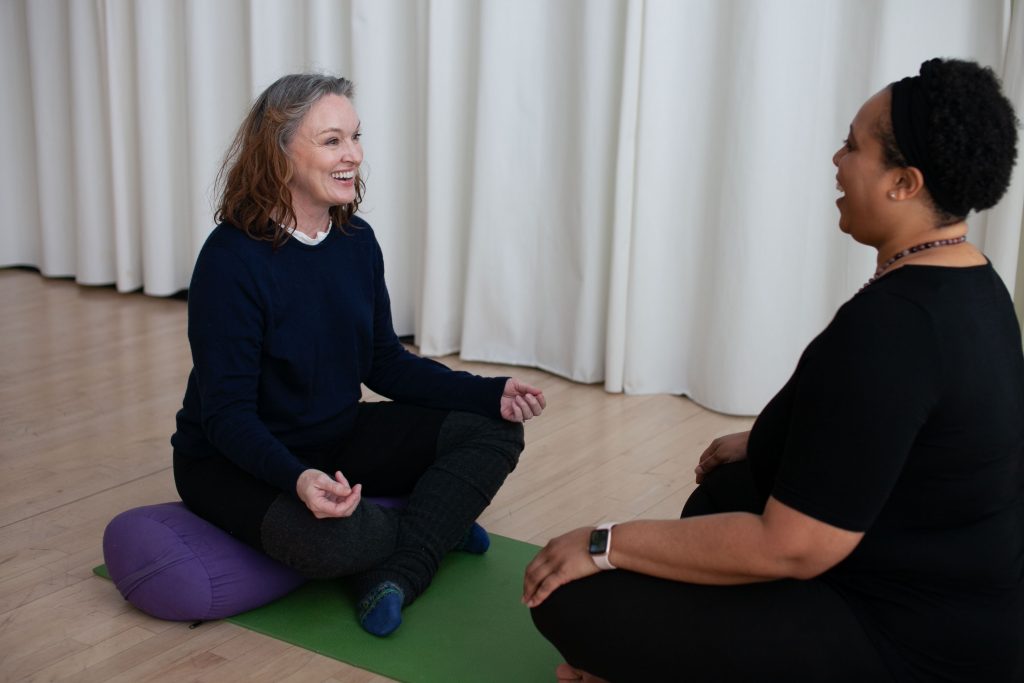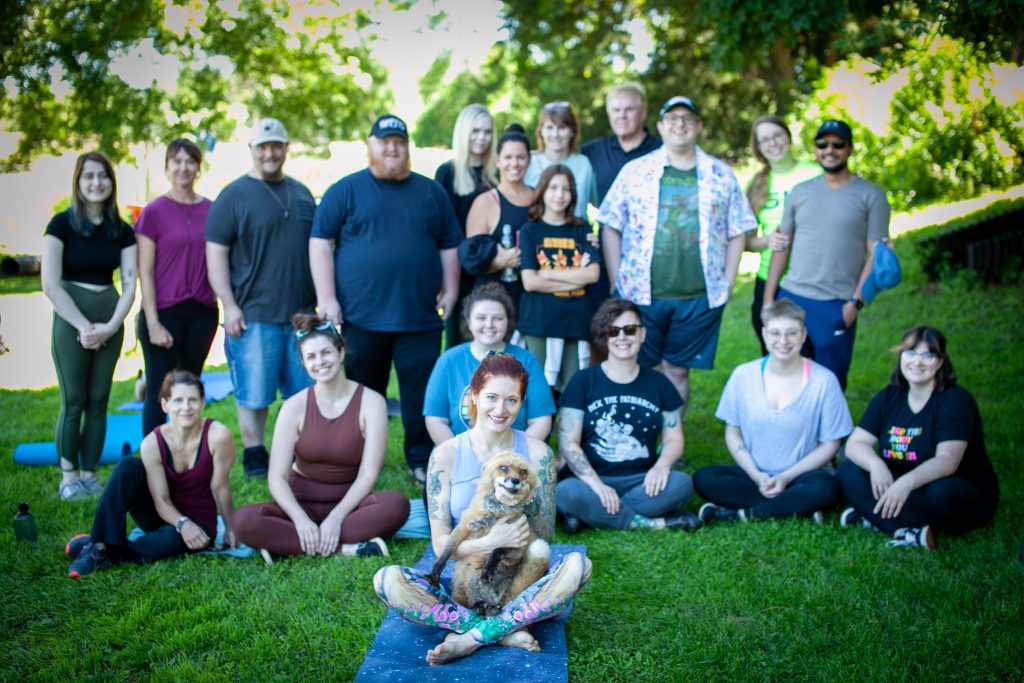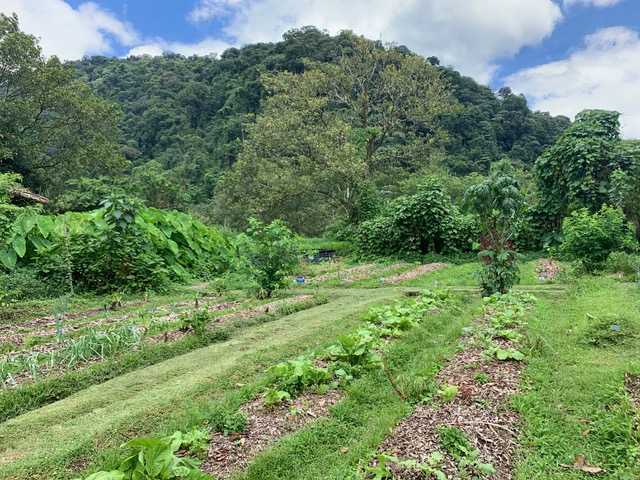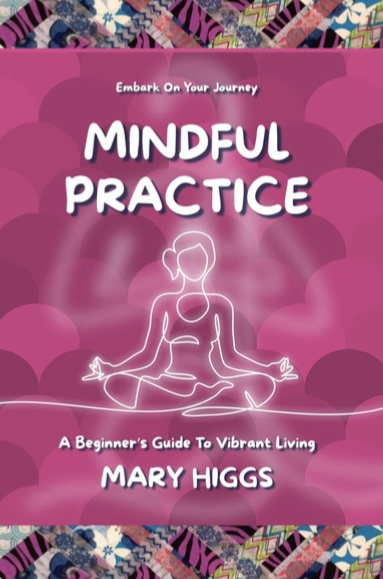When people pursue excellence with a singular focus, they may overlook the importance of nourishing balanced resilience. The habits needed to achieve excellence in one area often conflict with those needed to build resilience. Pursuing excellence alone can erode our resilience when we become so focused on achieving one goal that we don’t place value in practices leading towards other goals necessary to sustain the excellence we want. We push too hard for too long and become vulnerable to stress and burnout.
In contrast, by intentionally nourishing resilience, people become equipped to handle challenges, bounce back from setbacks, adapt to change, and maintain a sense of calm. Through personalized coaching and yoga sessions, I witnessed clients transition from being focused on pursuing narrow excellence to becoming “excellent at nourishing resilience.” Following are two examples.

One client, an executive, always prioritized work over self-care to the point of almost never sleeping because he didn’t think he had time. Through our coaching sessions, he began to see the importance of building resilience. He considered how his values could help him develop a longevity-supporting way of life. He made the time to practice simple breath and yoga techniques and worked hard to improve his sleep hygiene. The difference came when he learned the value of nourishing resilience, and what that could mean for his ability to continue providing for his special needs child. He became more focused, productive, and energized. Significantly, what started as an almost debilitating level of stress became manageable. What’s more, now he laughs during our sessions and reports being more playful with his kids as well.
Another client pushed herself in pursuit of athletic excellence. She recognized the toll this took on her body and mental health, and she incorporated restorative yoga and mindfulness practices into her training routine. Over time, she trained more effectively, recovered from injuries, and maintained a healthier balance between athletic pursuits and overall well-being. It challenged her at first because doing gentle yoga seemed pointless. Still, she improved her relationship with movement and designed routines to nourish her body, rather than constantly demanding performance from her body.
Here are seven practices to nourish resilience:
- Practice Mindfulness: Mindfulness is the practice of paying attention to the present moment with non-judgmental awareness. Positive psychology shows that practicing mindfulness leads to emotional regulation, decreased stress and anxiety, and improved well-being. In Ayurveda, often associates mindfulness with pranayama (breathwork), which can help to balance the doshas and calm the mind.
- Cultivate Gratitude: Cultivating gratitude – the practice of appreciating the good things in our lives – can lead to greater resilience, positive emotions, and improved physical health. In Ayurveda, gratitude connects to santosha (contentment), which can help foster ease.
- Prioritize Self-Care: The practice of intentionally taking care of our physical and emotional needs, self-care includes getting enough sleep, eating a nourishing diet, engaging in regular exercise, and practicing yoga and meditation. In Ayurveda, self-care is central to maintaining health.
- Connect with Others: Building strong relationships and social support networks is key to building resilience. Social support can buffer the negative effects of stress and promote greater well-being. In Ayurveda, social connection links to satsang, which involves surrounding oneself with like-minded individuals. As the upcoming winter holidays approach, we can also cultivate curiosity about our approach to connection to loved ones who may not be “like-minded.” Resilience-nourishing practices often set people up for greater ease in many types of encounters.
- Develop a Growth Mindset: A growth mindset, the belief that our abilities can be developed through effort and hard work, helps us to view challenges as opportunities for learning rather than as threats. In Ayurveda, the concept of growth mindset connects to svadhyaya (self-study), which involves examining our thoughts and beliefs to identify areas where we may be limiting ourselves.
- Embrace Change: Resilient individuals adapt to change and see it as an opportunity for growth. This can involve embracing uncertainty, letting go of attachment to outcomes, and cultivating a sense of curiosity. In Ayurveda, the ability to adapt to change relates to the dosha vata, associated with movement, change, and creativity.
- Practice Compassion: Compassion is the practice of extending kindness and understanding to ourselves and others. Cultivating self-compassion can lead to greater resilience, improved mental health, and increased well-being. In Ayurveda, compassion ties to ahimsa (non-harming), which involves extending kindness and compassion to all beings (including ourselves).
By incorporating these practices into our daily lives, we can nourish resilience and thrive. Whether we pursue excellence in our careers, relationships, or personal growth, building resilience can be key to achieving long-term success and well-being.
Kami helps people heal from trauma as a certified well-being coach and Level I yoga therapist. Specializing in SomaYoga, motivational interviewing, and positive psychology, Kami offers private sessions, workshops, and group classes through Tula Yoga in St. Paul. She wrote several books about nature and well-being, including Mindfulness Meditation for Beginners and Sleep Better Tonight. Kami created the program Body Peace Yoga® through which she helps other yoga teachers to work effectively with people healing from eating disorders and body image challenges. Stanford Medical Center featured her work with wildfire survivors in research.
















